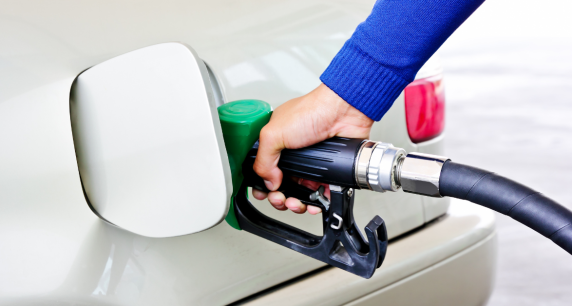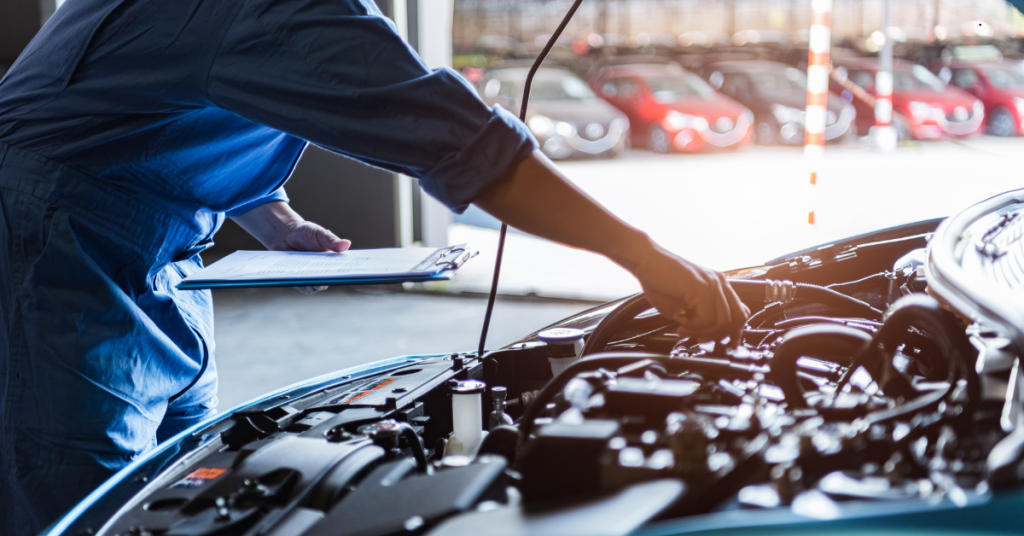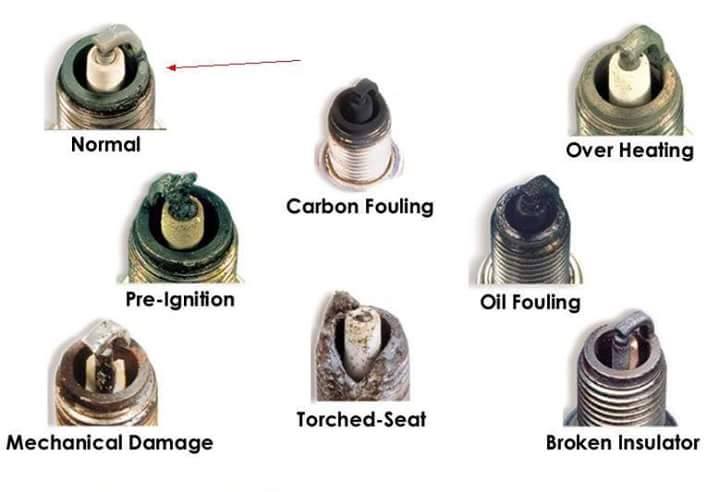Fuel-Saving Secrets: The Top 5 Ways to Improve Your Car's Efficiency

Increasing your car’s fuel efficiency is both useful and beneficial in a world where petrol prices are always rising and environmental concerns . You may save money, create less pollution, protect the environment, and get more mileage out of your automobile by making a few easy tweaks. In this article, we will go through 5 simple methods you may use to improve your car’s fuel economy and become a more responsible driver.

1.Maintain Proper Tire Pressure
Proper tire pressure is essential for saving fuel. When your vehicle’s tires are inflated to the recommended levels, it helps improve fuel efficiency. Maintaining the right tire pressure reduces rolling resistance, allowing the engine to move the vehicle more easily. Overinflated tires have less contact with the road, reducing grip, while underinflated tires can wear out faster and unevenly. This can result in the need for early replacements. By keeping your tires properly inflated, you ensure even tread wear, which extends their lifespan and reduces the frequency of replacements.
To ensure you maintain the appropriate tire pressure, follow these steps:
- Consult the vehicle manual
Refer to your vehicle’s manual or the sticker usually located on the driver’s side door jamb or inside the fuel filler flap. It provides the recommended tire pressure values from the manufacturer.
- Use a reliable tyre pressure monitor
Purchase a tire pressure gauge to measure the air pressure accurately. Digital or analog gauges are available, and they are simple to use.
- Check tire pressure regularly
Make it a habit to check your tire pressure at least once a month, or before embarking on a long journey. Ensure the tires are cold (driven for less than a mile) for accurate readings . If the pressure is too low, add air until it matches the recommended level. Conversely, if it’s too high, release air until it reaches the correct pressure.

2. Engine Service
It’s important to follow the recommended maintenance schedule provided by your vehicle’s manufacturer to ensure that your engine is serviced regularly and in line with the specific requirements of your vehicle. By maintaining your engine properly, you can help improve fuel efficiency and prolong the life of your vehicle.
When it comes to engine service for improving fuel efficiency, there are several important components that you should check. Here are some key parts to inspect:
- Air filter replacement
- Fuel system cleaning
- Oil and filter changes
- Fixing engine issues
Regular engine service is essential for maintaining optimal engine performance, ensuring a clean fuel system, and maximizing fuel efficiency. By taking care of your engine, you can enjoy improved fuel economy, reduced fuel costs, and a greener driving experience.

3. Check Spark Plug
checking and maintaining your vehicle’s spark plugs can have a positive impact on fuel efficiency. Spark plugs play a crucial role in the combustion process by igniting the air-fuel mixture in the engine cylinders.
Here’s some tips :
- Regularly checking and replacing spark plugs ensures strong sparks for efficient combustion
- Checking and adjusting the gap to manufacturer’s specifications maintains the ideal fuel-air mixture
- Inspecting, cleaning, or replacing spark plugs maintains performance and prevents issues
Regularly checking and replacing spark plugs as recommended by the vehicle manufacturer keeps combustion optimal, maximizes fuel efficiency, and prevents engine problems. Consult your vehicle’s manual or a qualified mechanic for your specific spark plug maintenance needs.
However, as a general guideline, normal copper spark plugs typically have a replacement interval from 48000km. On the other hand, newer iridium or platinum spark plugs are designed to last longer and may have a recommended replacement interval from 90,000 kilometers).
Reference : https://www.testingautos.com/car_care/when-replace-spark-plugs.html

4. Removing excess weight
Extra weight in your car causes the engine to work harder and consume more fuel. Remove unnecessary items from your trunk and interior to lighten the load. Traveling with only essential items reduces the strain on your engine, resulting in improved fuel efficiency.
The more weight your vehicle carries, the more fuel it needs to move. By removing unnecessary items from your vehicle, such as heavy cargo, roof racks, or unused equipment, you can reduce its overall weight. Lightening the load decreases the energy required for acceleration and maintaining speed, resulting in improved fuel efficiency.

5.Drive Smoothly
Driving smoothly can indeed help improve fuel efficiency. Aggressive driving behaviors, such as hard braking, and excessive speed, can significantly increase fuel consumption. By adopting a smooth driving style, you can optimize fuel efficiency in the following ways:
- Maintaining a steady speed
Constantly changing speeds, such as accelerating and then decelerating frequently, can negatively impact fuel efficiency. Whenever possible, maintain a consistent speed and avoid unnecessary fluctuations. Utilize cruise control on highways or roads with consistent traffic conditions to help maintain a steady speed and improve fuel economy.
- Anticipate traffic flow
Paying attention to the road ahead and anticipating traffic conditions can help you avoid sudden braking or unnecessary acceleration. By planning ahead and adjusting your driving speed accordingly, you can minimize the need for sudden speed changes, resulting in improved fuel efficiency.
- Gentle braking
Avoid harsh or sudden braking whenever possible. Gradually reduce your speed by easing off the accelerator and applying gentle pressure on the brake pedal. This allows your vehicle to coast smoothly and reduces fuel consumption caused by excessive braking.
Improving your car’s fuel efficiency is a combination of mindful driving habits and regular vehicle maintenance. By implementing these top 10 tips, you can optimize your fuel economy, save money, and contribute to a greener environment. Remember, small adjustments can make a significant difference in the long run.



